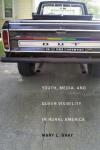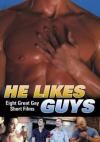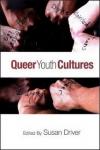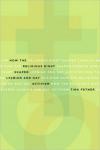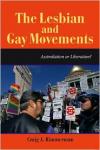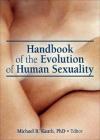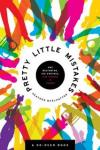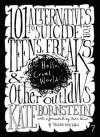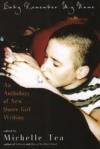Connect With Us At
Our Comment Policy
Critiques of Elevate Difference and the content of any review on this site are welcome; however, we will not tolerate flaming, attacks, or any form of abuse. We appreciate constructive criticism and respectful feedback. Please read our full comment policy for details.
Make a Donation
Elevate Difference is a volunteer-run publication. If it inspires you to read a novel, see a film, or download an album, we hope you will donate to show your support.






